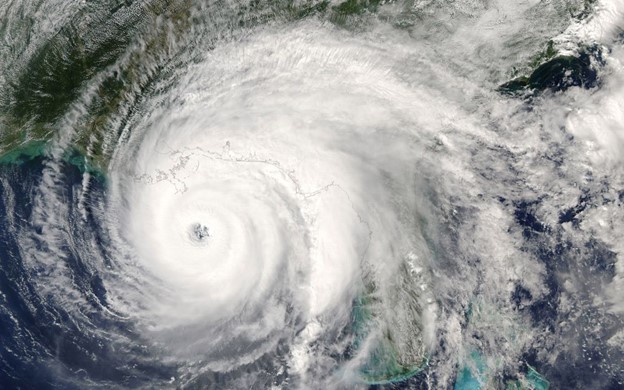Your credit can be saved by creating an emergency response plan for your finances during times of flux, such as when you are evacuated during a natural disaster.
Natural disasters have devastated Americans from coast to coast this summer in an unusually intense way. Even as people are rightfully focusing on rebuilding their lives after losing their homes and experiencing widespread destruction in their communities, having a financial emergency plan can help you avoid long-term problems.
When you have to evacuate because of a flood, a hurricane or a wildfire, keeping up with your bills might seem like a low priority. But keep in mind that this is also the time when you are most vulnerable and are unlikely to notice major changes to your credit. When you are away from home for a prolonged period of time, it is vital to maintain good credit in order to be able to return to your regular life after an emergency.
Here’s how you can create a sound emergency response for your finances:
BE PREPARED FOR AN EVENTUAL EMERGENCY.
If you centralize and digitize your financial contacts, you can access that information in the event of a disaster. Making your most important payments digitally and using online portals can be instrumental in keeping in touch, especially when mail service is disrupted or if you’re forced to evacuate your home for extended periods of time.
GET IN TOUCH WITH YOUR CREDITORS AS SOON AS POSSIBLE.
When the danger is over and you are able to do so, make sure to contact your bank, mortgage provider, or credit card company. Your credit score can be affected by late payments at a time when you need credit the most. If it appears that you may not be able to pay certain bills for an extended period, contact your bank or credit card company. Make arrangements before your debt becomes delinquent and is turned over to a collection agency.
AS SOON AS THE DEBT PICTURE IS CLEARER, WORK ON STRATEGIES FOR GETTING THE BALANCES BACK DOWN.
Debt snowballs, in which you prioritize the smallest debt and make minimum payments on all others, can motivate you and help you accomplish some quick wins. The debt avalanche method allows you to make the minimum payments on all your credit card accounts and apply any additional payments to the one with the highest interest rate.
AVOID SCAMS AT ALL COSTS AND KEEEP YOUR CREDENTIALS SAFE.
The aftermath of natural disasters and severe weather can create opportunities for fraud. If you receive a phone call or email asking for your personal information, be sure to do your due diligence. Research the agency’s website and phone number to contact them directly.
Keeping an eye on your credit report and personal information is another way to remain vigilant. A service that monitors your credit and identity can alert you to new credit applications, major changes in your credit score and other suspicious activities.
Is your personal information on the dark web? Make sure your identity isn’t at risk!

